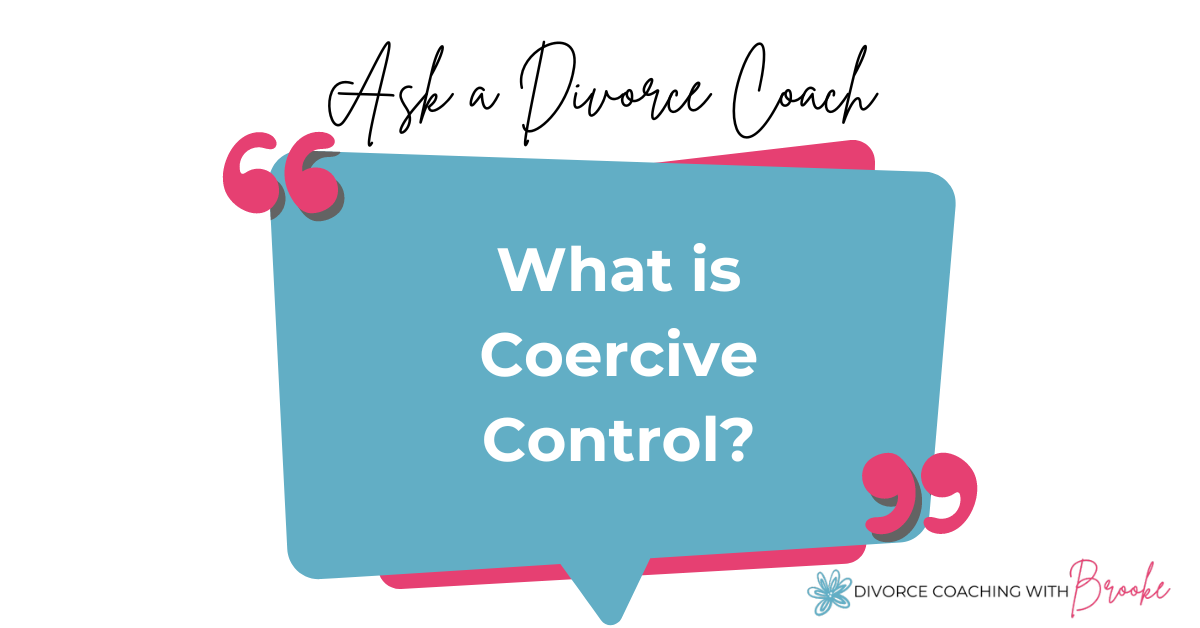
What is coercive control?
Coercive control is a form of domestic abuse that involves patterns of behavior aimed at dominating, isolating, and manipulating a partner through psychological, emotional, and sometimes financial means. Unlike physical violence, which is often more visible, coercive control is a more insidious form of abuse that erodes the victim’s autonomy and sense of self over time. It can include tactics such as isolation from friends and family, monitoring movements, restricting access to money, and controlling how a person dresses or behaves. In family court and child custody cases, coercive control has gained increased recognition as a serious issue, particularly in light of new legal developments.
In terms of domestic violence, coercive control is often the underlying mechanism that maintains the abuser’s dominance over their partner. This form of abuse can be just as damaging as physical violence, and in many cases, it escalates to physical violence. Victims of coercive control are subjected to constant fear and anxiety, as their partner manipulates every aspect of their lives. Because coercive control can be difficult to prove, especially when there is no overt physical harm, many survivors struggle to convince others of the abuse they are experiencing. However, with growing awareness, family courts are beginning to understand the impact of coercive control in domestic violence situations.
When it comes to family court and child custody, coercive control plays a critical role. Family courts historically focused on physical abuse when considering custody arrangements. However, coercive control often continues or worsens after separation, as abusers attempt to maintain control through the children. This can manifest in manipulative tactics like undermining the victim’s parenting, making false allegations of parental alienation, or refusing to cooperate with custody schedules. In such cases, abusers weaponize the legal system as a tool of further control, dragging victims into protracted custody battles.
States like California, Connecticut, and Hawaii have introduced coercive control laws as part of their domestic violence statutes. These laws allow for restraining orders or other protective measures to be issued based on non-physical forms of abuse like coercive control.
A landmark case occurred in New York, where the state’s Supreme Court found that coercive control against the mother amounted to child abuse. In this decision, the court acknowledged that the abusive treatment of the mother also harmed the children, as they were exposed to the toxic and manipulative environment created by the abuser. This finding is significant because it highlights that children living in a household with coercive control are affected, even if they are not the direct targets of the abuse. It sets an important precedent in family law, recognizing the profound impact that coercive control has on both the victim and the children involved.
In family court cases, particularly those involving child custody, it is increasingly recognized that the safety and well-being of both the parent and child are at stake when coercive control is present. Courts that consider coercive control when determining custody arrangements are better equipped to protect victims and their children from further harm.
